Iran has assigned a high-ranking delegation to investigate the May 19 helicopter crash that killed President Ebrahim Raisi and his accompanying team of senior officials, including the nation's foreign minister, according to state media.
The investigation group was assigned by General Mohammad Bagheri, Chief of Staff of the Iranian Armed Forces, the Islamic Republic News Agency (IRNA) reported. The delegation headed by Brigadier Ali Abdollahi has been dispatched to the site of the incident and the investigation has started.
The result of the investigation will be announced later when the mission is completed, Iran's Islamic Republic News Agency or IRNA reported.
Iran's Interior Minister Ahmad Vahidi described the accident as a "hard landing due to the weather conditions". In an interview aired on state TV on Monday, he said: "The esteemed president and company were on their way back aboard some helicopters and one of the helicopters was forced to make a hard landing due to the bad weather and fog."
Late president Raisi, along with foreign minister Hossein Amir-Abdollahian and several other officials, was heading to the city of Tabriz in the northwest of Iran, where he had been scheduled to inaugurate a project at the Tabriz oil refinery, when the accident took place. Raisi had earlier travelled to the far northwestern province of East Azerbaijan for the inauguration of the Qiz Qalasi and Khoda Afarin dams on the morning of May 19.
The president's delegation had been travelling in a convoy of three helicopters. As for the other two helicopters that were flying alongside the president's chopper, they had initiated a search for 15 to 20 minutes after communication was lost.
The helicopter Raisi was travelling in was a Bell 212 model that is meant to be adaptable to all sorts of situations, including carrying people, deploying aerial firefighting gear, ferrying cargo and mounting weapons.
It is likely that the decades-long U.S. sanctions against Iran have played a role in the helicopter crash as the Iranian helicopter fleet is old and deteriorating, an independent aviation analyst, Alex Macheras, told Al Jazeera.
Ali Vaez, Iran project director with the International Crisis Group, said the U.S. sanctions have deprived Iran of the ability to renew and repair its fleet for decades. IRNA reported that the helicopter crash happened due to technical failure.
In an On-the-Record Press Gaggle by White House on Monday, John Kirby, spokesman for the U.S. National Security Council, denied accusations that U.S. sanctions may have led to the crash, calling any such claims "utterly baseless". He said the U.S. has not determined the cause of the accident, even as Iranian sources pointed to thick fog in the area where the aircraft went down.
Lloyd Austin, Defense Secretary of the U.S., said on Monday when answering a question of the correspondents in the Pentagon: "The United States had no part to play in that crash. That is a fact, plain and simple. Again, they have to conduct an investigation to see what the cause of the crash was. It could be a number of things, mechanical failure, pilot error, you name it."
Not long after the helicopter crash, U.S. Senate Majority Leader Chuck Schumer told NBC News: "I have just spoken to the intelligence authorities. At this point, there is no evidence of foul play. It was very bad foggy weather in northwest of Iran when the helicopter crashed. So, it looks like an accident, but it is still being fully investigated."
A day after the crash, Matthew Miller, U.S. State Department Spokesperson, said in a press conference that the U.S. had been unable, due largely to logistical reasons, to accept an Iranian request for help following the helicopter crash, as Washington offered its condolences.
Meanwhile, an Israeli official told Reuters that Israel has nothing to do with the death of the Iranian president in the helicopter crash.
"It wasn't us," said the Israeli official, who requested anonymity. There was no immediate official Israeli government reaction to Raisi's death.
Abdulkadir Uraloglu, Turkish Minister of Transport, disclosed on Monday to the reporters from Anadolu Agency, "We found out that the signaling system in the helicopter was probably malfunctioning or it was not equipped with one."
Uraloglu said that it was too early to decide the causes, but added it is possible that poor weather conditions contributed to the crash.








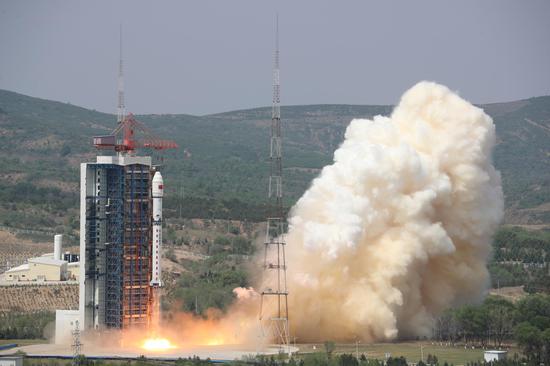
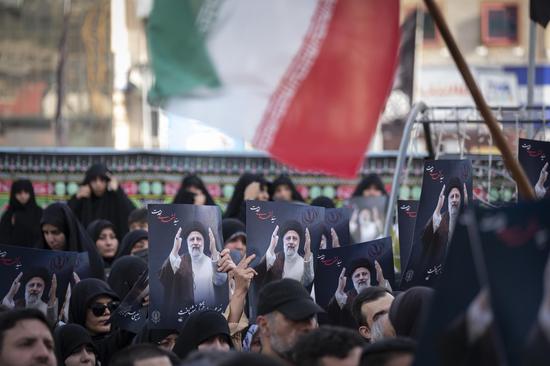
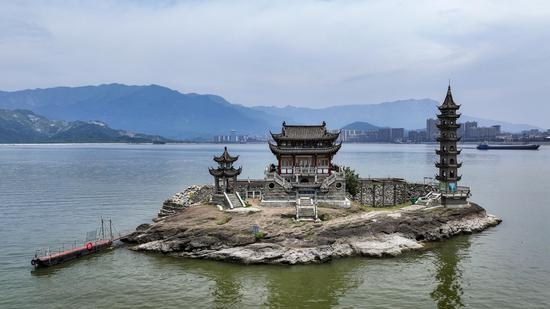
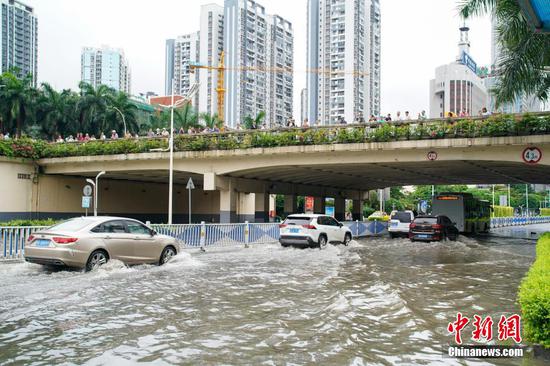
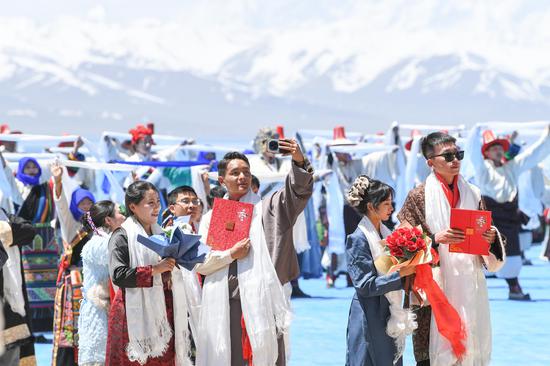
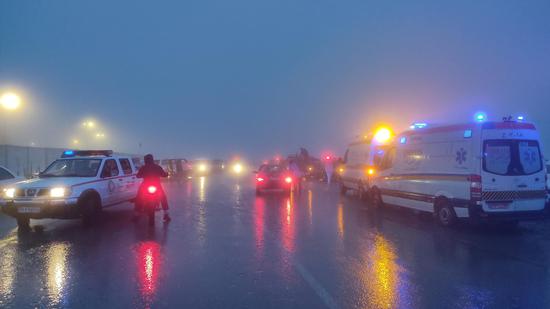




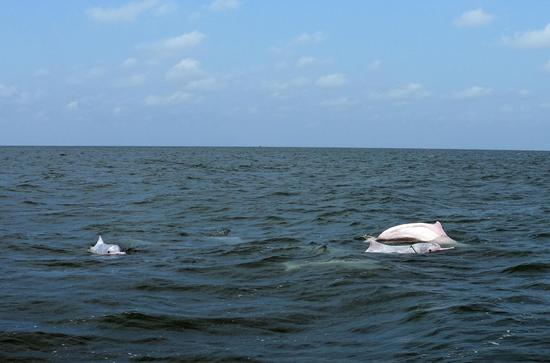
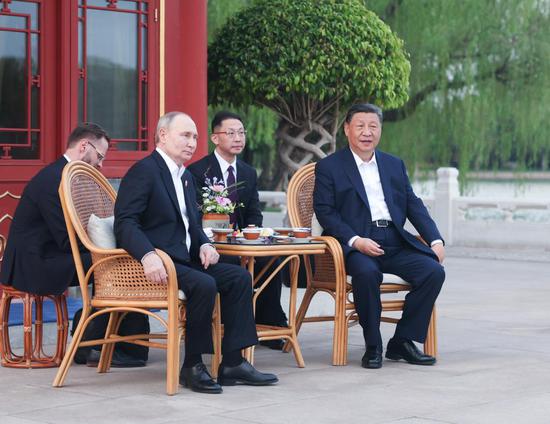

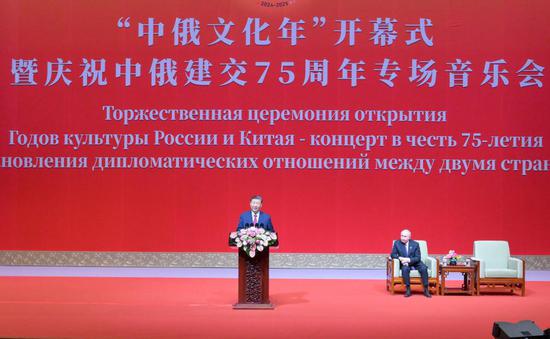
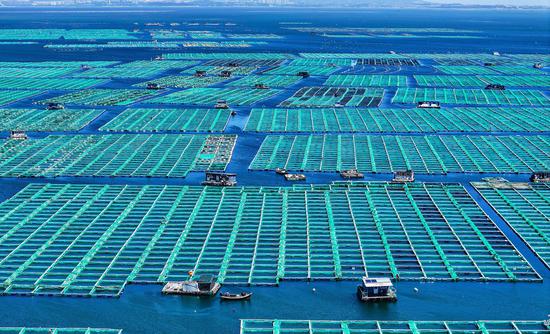

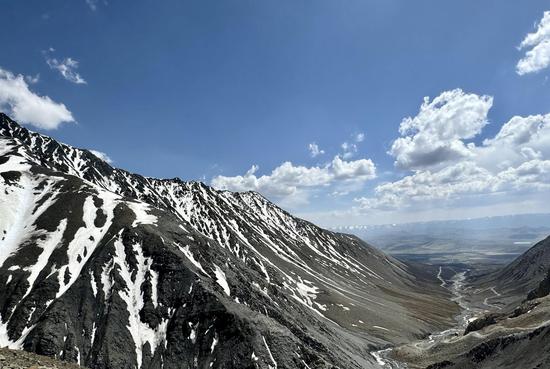

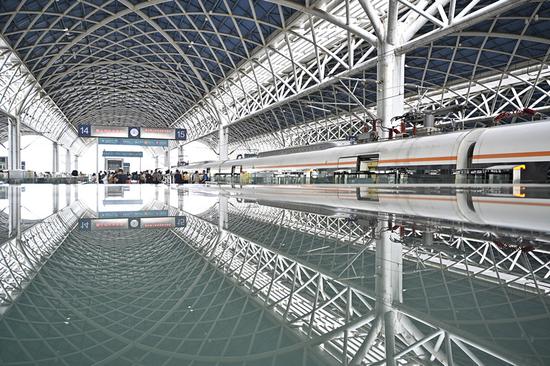

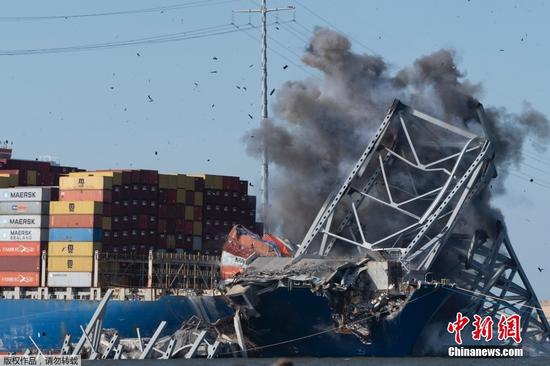


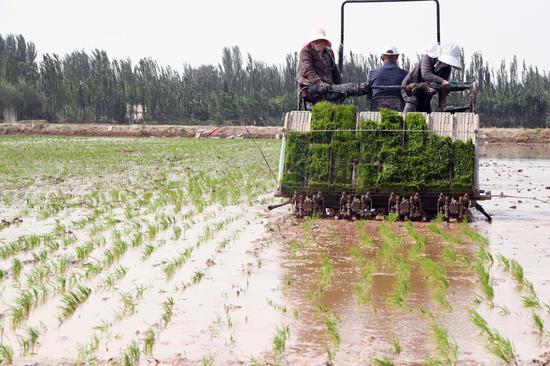
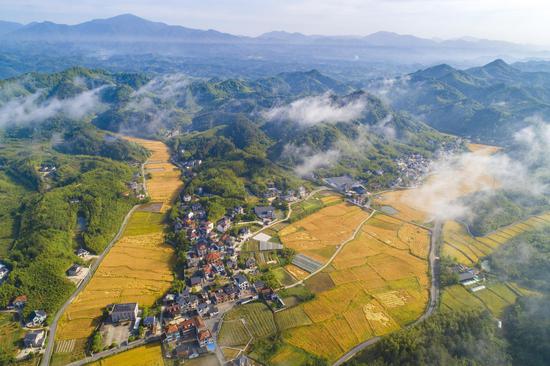

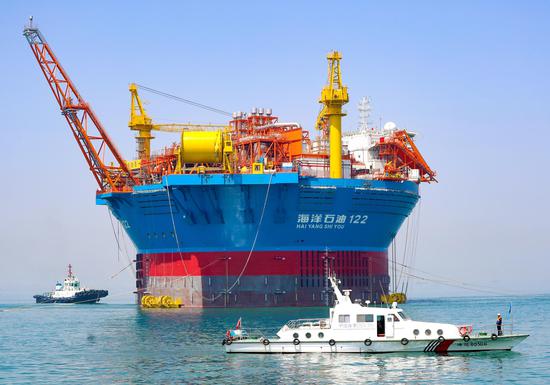
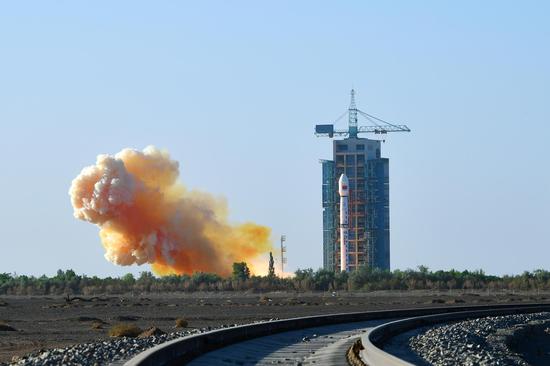
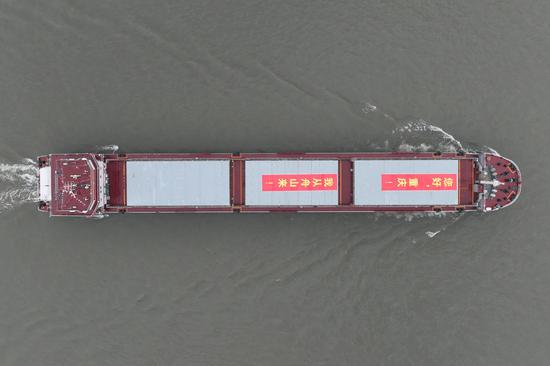





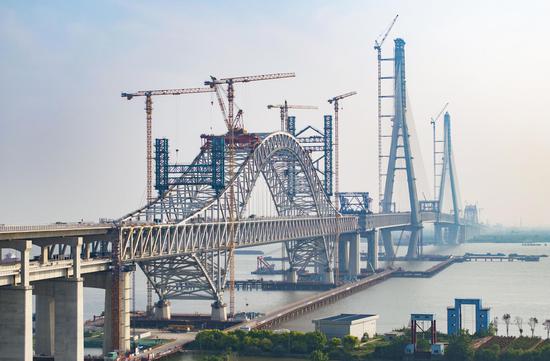

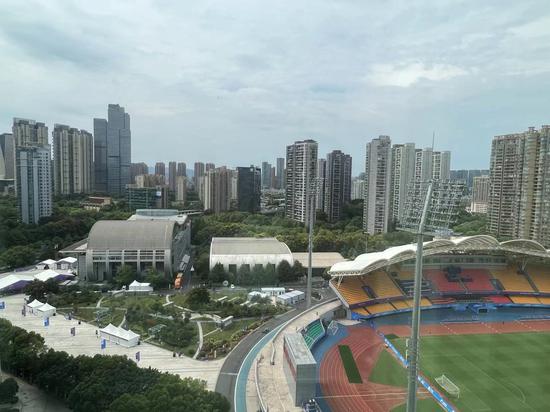





 京公网安备 11010202009201号
京公网安备 11010202009201号